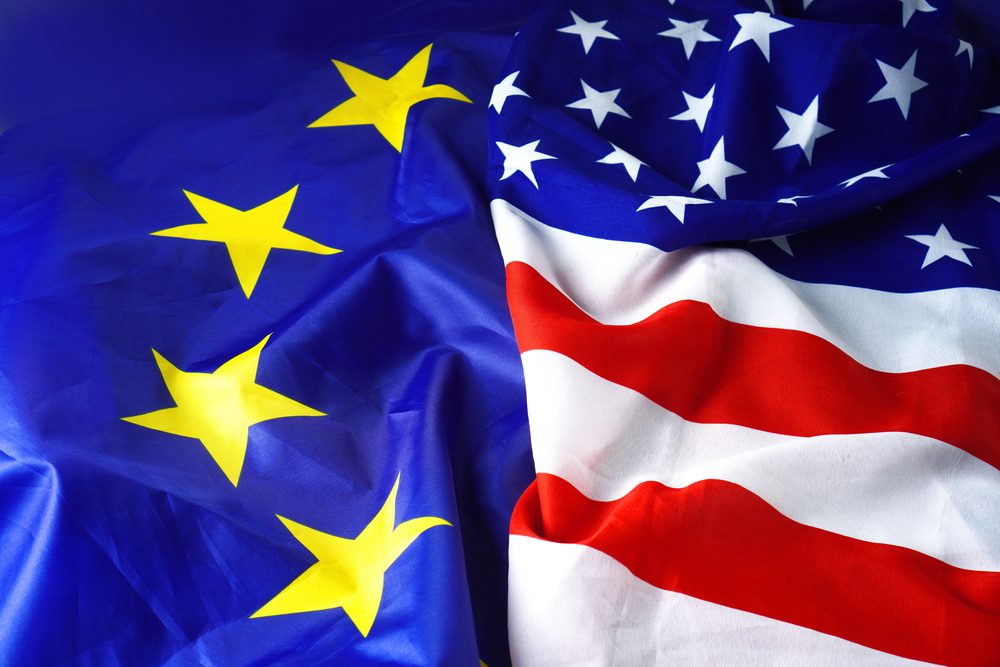
The Commission made its choice on essentially technocratic criteria, disregarding political considerations—such as the defence of European sovereignty.
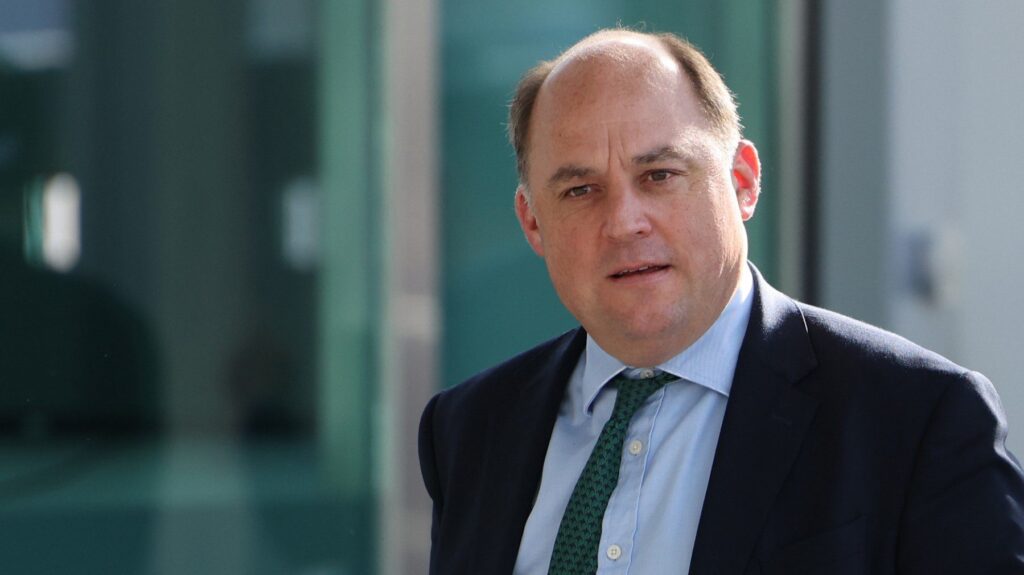
The United Kingdom—and with it its international allies—“are not Amazon,” he declared, judging Ukraine’s constant demands for arms shipments to be somewhat excessive.
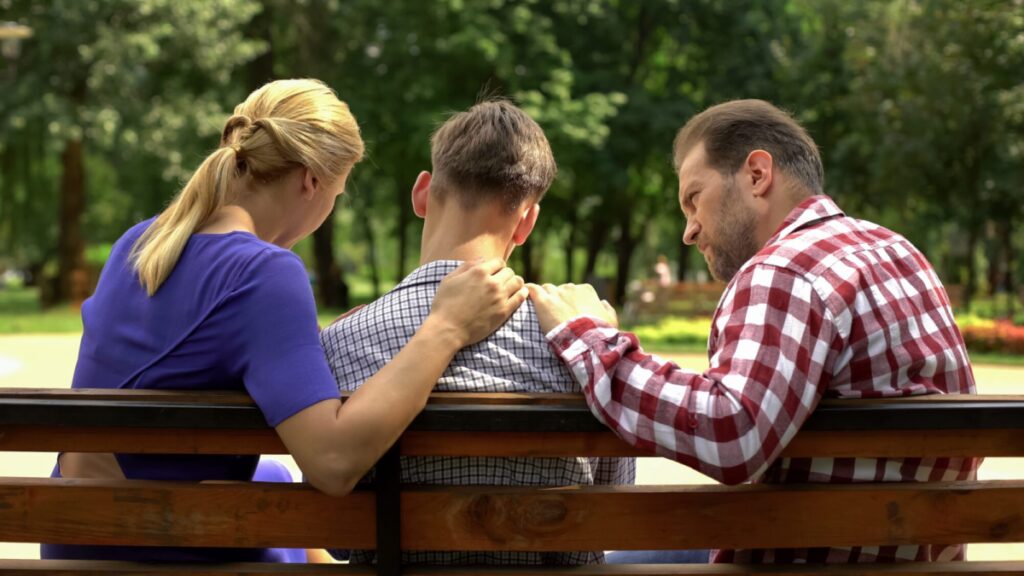
Let’s rejoice: families can be useful—the government is finally saying so.
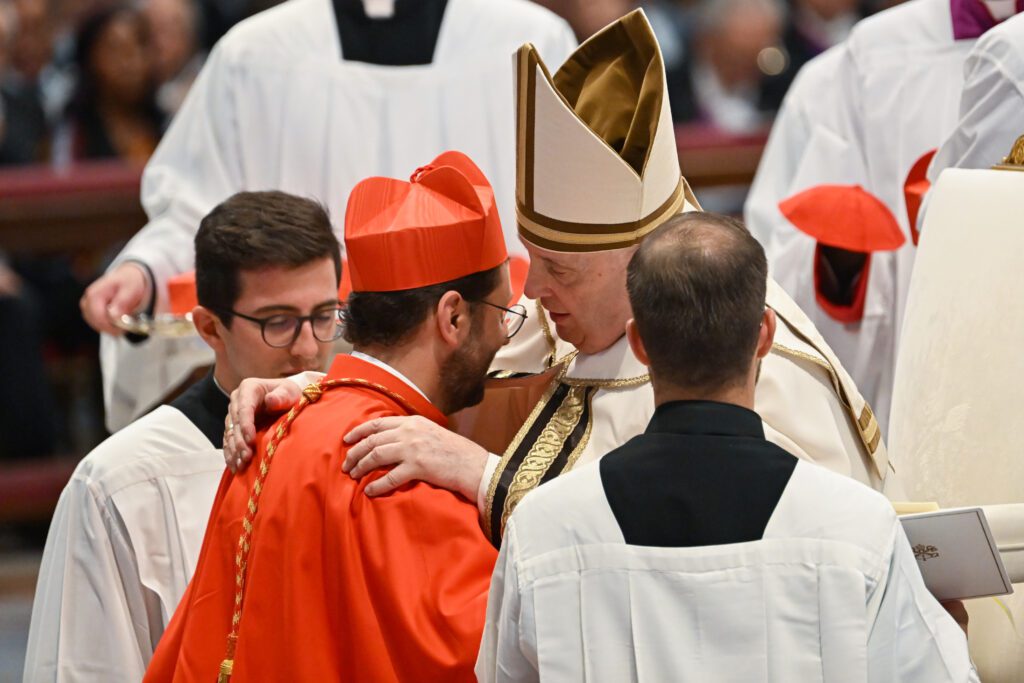
There is a certain ideological uniformity among Pope Francis’ selections, in contrast to those of the previous pontificates of John Paul II and Benedict XVI who took care in their appointments to give the College of Cardinals a certain diversity.
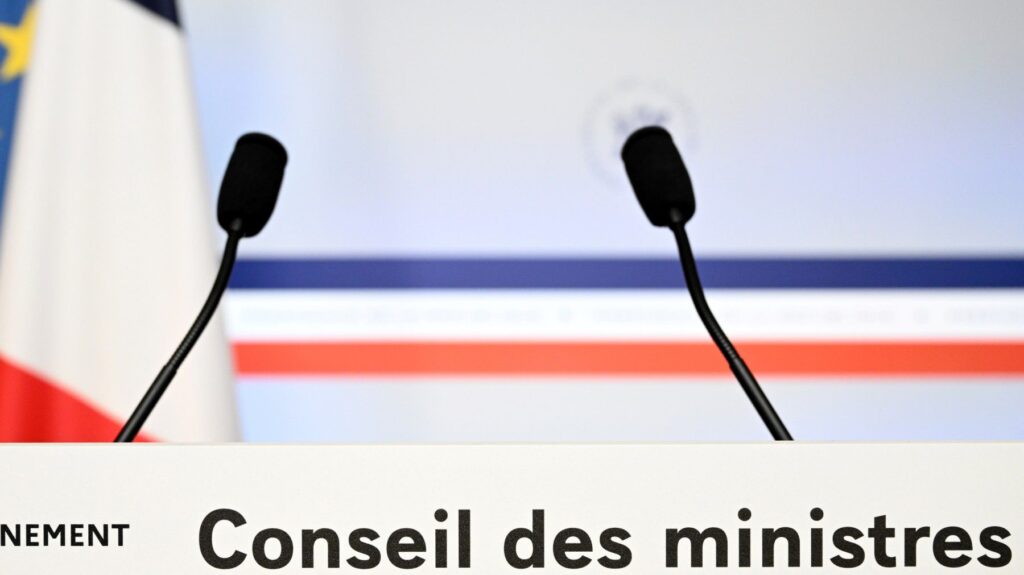
In the event of Élisabeth Borne’s departure, the question arises of the colour of the person who would replace her: would Emmanuel Macron then choose to lean more to the Right or more to the Left?

It’s a safe bet that Archbishop Ulrich and his acolytes never asked themselves about the transmission of the faith and the salvation of souls when approving these supposedly aesthetic choices.
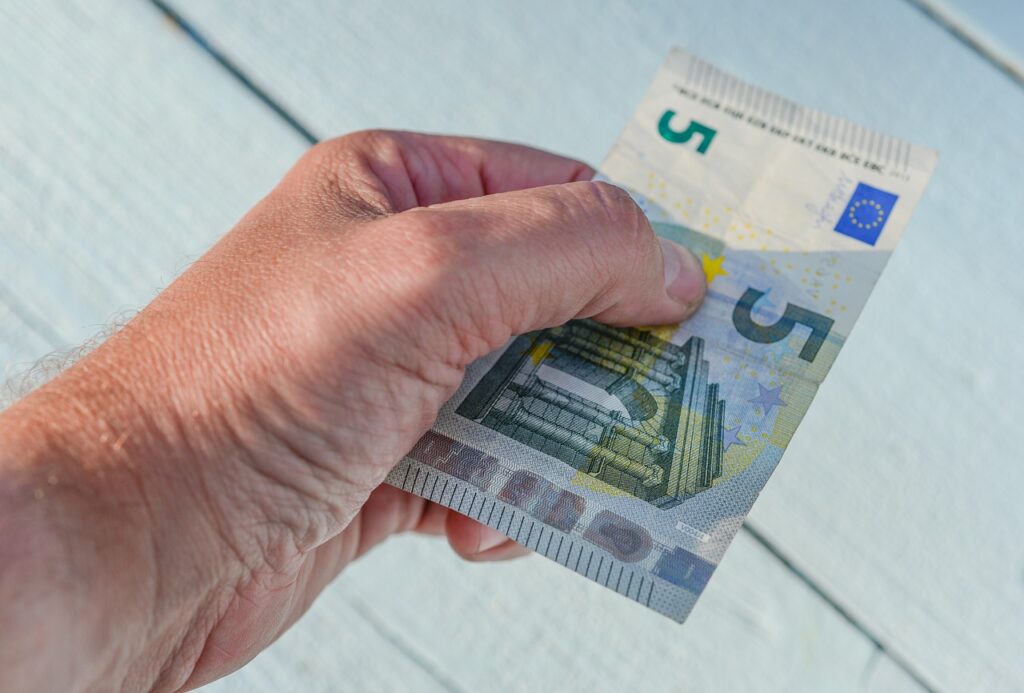
French enthusiasm for the fund launched to support the policeman who shot young Nahel is not a sign to be taken lightly.
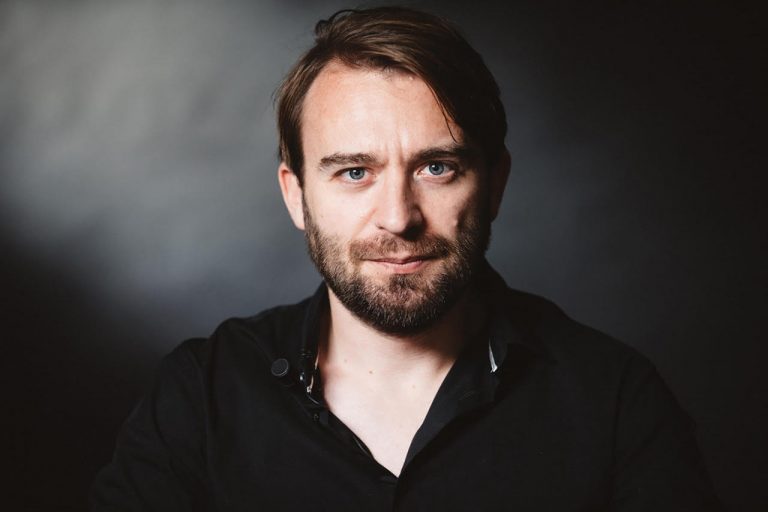
There’s nothing surprising in what France is living through, as those with eyes to see have been saying for decades. But nobody listened to them.
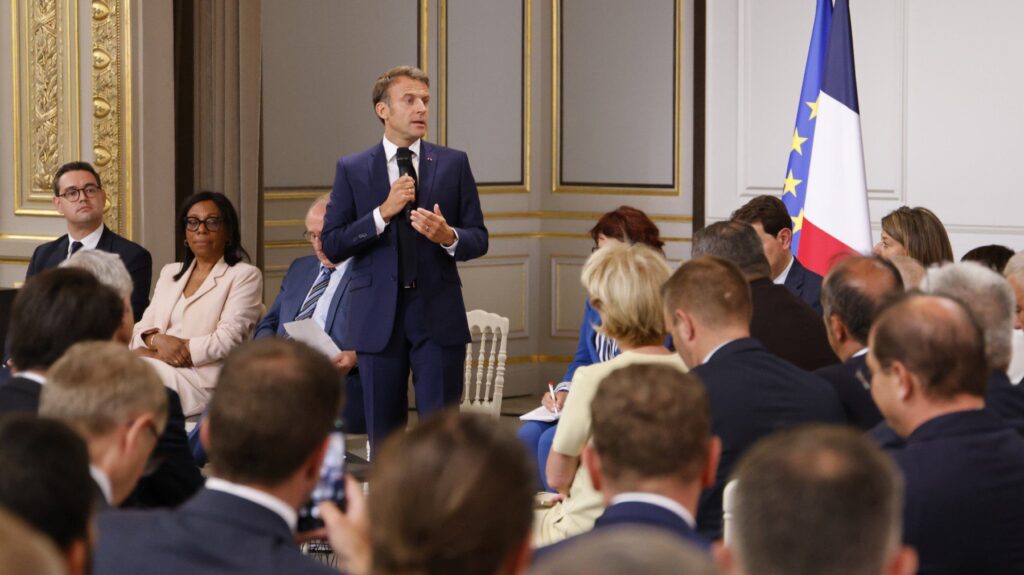
President Macron received a delegation of 220 mayors at the Élysée Palace, from communities hard hit by the violence of recent days or having themselves been direct victims of the violence.
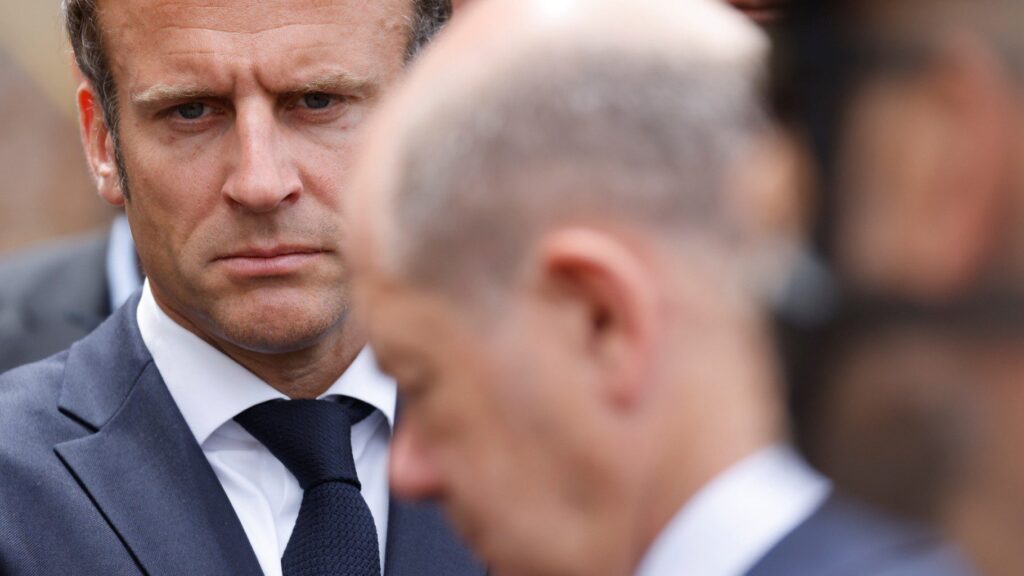
Due to the urgency of the national situation, Emmanuel Macron was forced to cancel a long-awaited trip to Berlin. Once more, France’s diplomatic policy is affected by social unrest.
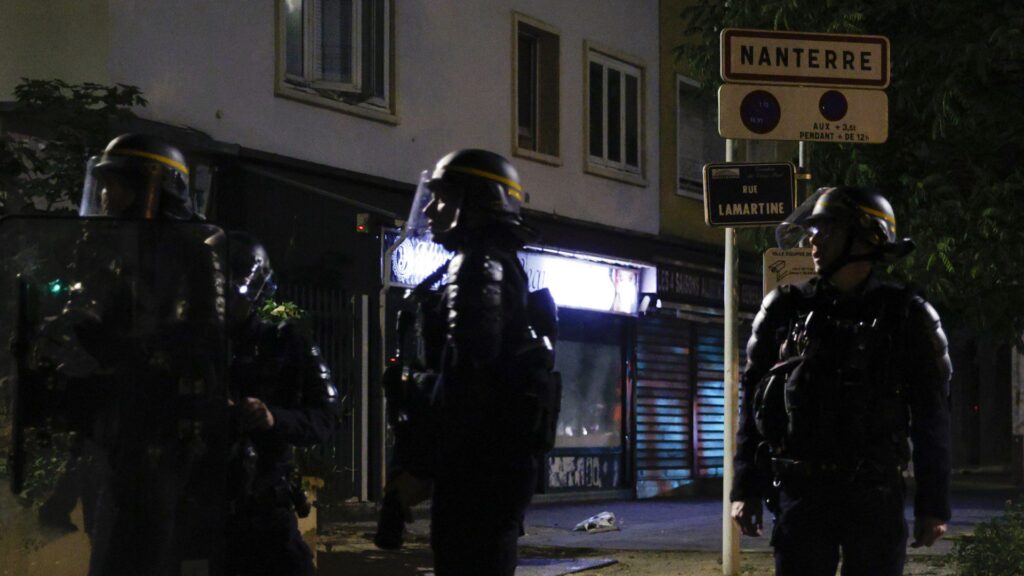
After six nights of rioting, it would appear that the movement is ebbing slightly. But this apparent return to calm should in no way be seen as a victory because, as in 2005, the fundamental problem still remains.
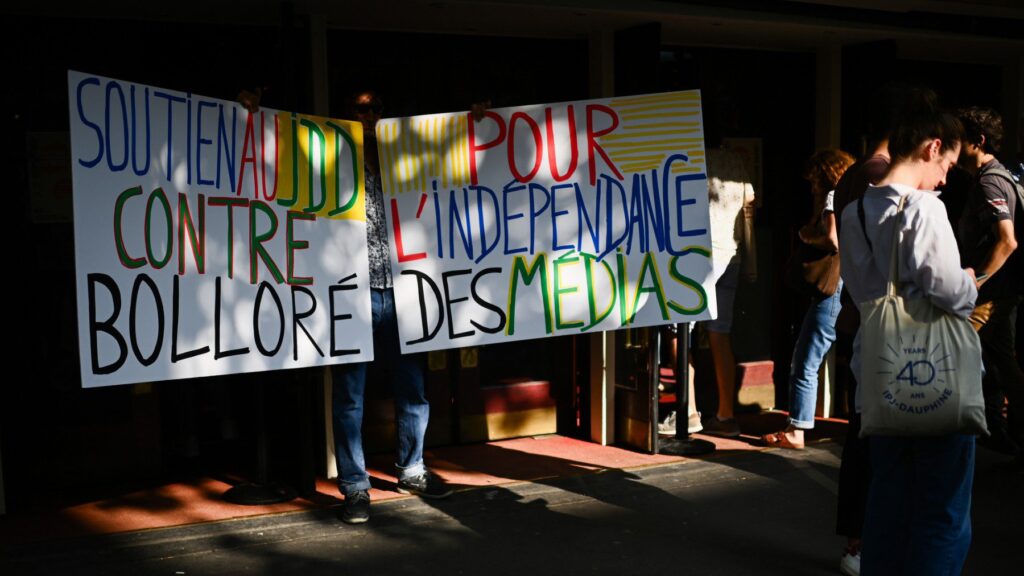
The progressive Left can see that absolute control of media discourse is no longer possible, and that is unbearable.